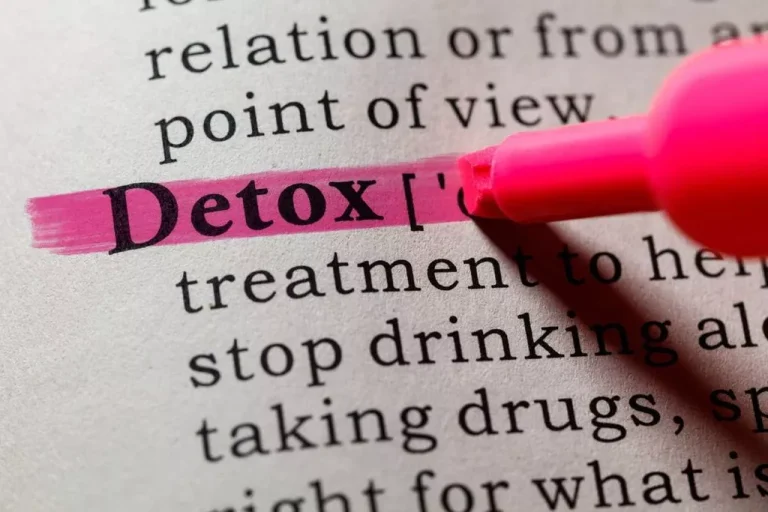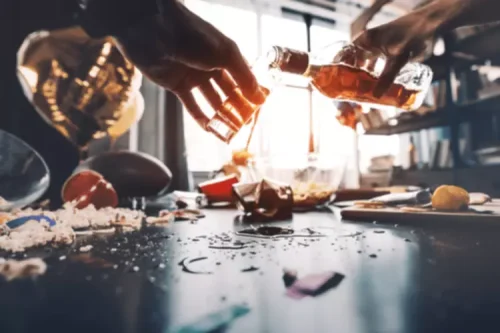What are 5 Engaging Recovery Group Activities to Foster Healing and Connection?
- September 12, 2022

The rest of the group then tries to guess which statement is the lie. This activity not only helps participants get to know each other but also encourages creativity and lightheartedness within the group. This activity deepens understanding and empathy among group members.
- The ideas and activities for substance abuse group therapy that are used will have an impact on the benefits that our clients have.
- Our medical experts offer a wide range of services and amenities tailored to meet your particular needs.
- Through mindfulness exercises, problem-solving simulations, and guided imagery, participants learn healthier ways to navigate life’s challenges while maintaining their sobriety.
- Ask them to notice any trembling or shaking and to pay attention to the thoughts or possibly fears that come up.
- She has experience working with individuals living with a variety of mental health concerns including depression, anxiety, bipolar disorder, borderline personality disorder, and trauma.
The Raisin Meditation
In group sessions, everyone knows that everyone else there has faced similar issues. This can create a sense of camaraderie and trust among participants. There are numerous benefits to group therapy and peer support meetings that aren’t available in a one-on-one setting.
Instantly Download One of Our fillable, editable, printable Substance Abuse Forms:
The next player repeats the pattern and adds something new, and the process continues until the individuals before them don’t repeat the pattern. The player who loses must try to distract the other players as they construct and pass on a new beat. The goal is to keep your attention focused on the rhythm and avoid being distracted by anything or anyone.
Try these recovery group activities today
Supply small cardstock posters and glue sticks for each client, along with shared markers When the clients enter, give each client a cardstock poster. Have the clients write their names in the middle of their poster with a marker of their choice. You can also spread the affirmations on a table for your group participants to look through. For the group’s first half, allow your clients to paste the strips to their posters.

Try Role-Playing Exercises

Clients are given a judgment-free space and are encouraged to be open and honest to facilitate recovery and healing. You can also keep a compassion box in which group members can write positive notes for other members. Many recovery groups make affirmation collages by writing down positive statements, cutting them into strips, and gluing the strips onto poster boards.
- A 2-page worksheet for identifying things that are controllable versus things that can’t be controlled.
- A worksheet for understanding jealousy, its impact, whether it’s pathological, and how to manage jealous feelings.
- Many recovery support groups worldwide are also free of charge, making them an accessible and convenient option for continuing care and relapse prevention once treatment ends.
Watch Your Free On-Demand Webinar: 9 Admin Tasks to Automate In Your Private Practice
John is one UK’s leading professionals in the addiction recovery industry. Inside a rehab facility, a healthcare professional leads group therapy and is well versed in how to run and guide sessions. Though they will be in charge, group therapy is more about creating a safe and secure space where you as a group member feel comfortable interacting and opening up to others. The group leader is there to smooth over any issues and help members understand one another. Group therapy is a vital aspect in all levels of addiction treatment and continued care, including outpatient treatment and sober living. Most addiction treatment centers, from smaller outpatient facilities to comprehensive centers with residential options, offer some form of group therapy or peer support.
- Group members will act out the events while discussing how to handle conflicts and achieve the healthiest outcome.
- Professional associations, such as the American Group Psychotherapy Association, have developed best practice guidelines based on scientific data and clinical research.
- Mindfulness is a practice that can help individuals stay present and connected to themselves.
- However, it can be challenging for individuals in treatment to open up and engage in a group setting.
- We have assessments, practice forms, and worksheet templates mental health professionals can use to streamline their practice.
By sharing stories, insights, and perspectives, participants can gain a deeper understanding of the power of forgiveness. Reflecting on significant moments in life can provide valuable insights and promote self-reflection. This activity encourages participants to make a list of their best and worst moments and group activities for addiction recovery reflect on the factors that contributed to these experiences. Group members can then share their reflections, fostering empathy, understanding, and connection within the group. Clients receive blank pieces of paper and are tasked to write the names of who they think is most likely and least likely to relapse.

